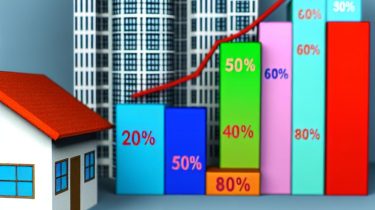Understanding loan-to-value ratios in real estate.
Understanding Loan-to-Value Ratios in Real Estate In the landscape of real estate and mortgage discussions, one of the pivotal metrics that often comes into play is the loan-to-value (LTV) ratio. This financial indicator is integral in assessing the riskiness of a mortgage, thereby impacting borrowing costs and the types of loans a borrower can secure. What is the Loan-to-Value Ratio? The loan-to-value ratio is an essential financial metric that juxtaposes the size of the loan taken out against the value
Read more


